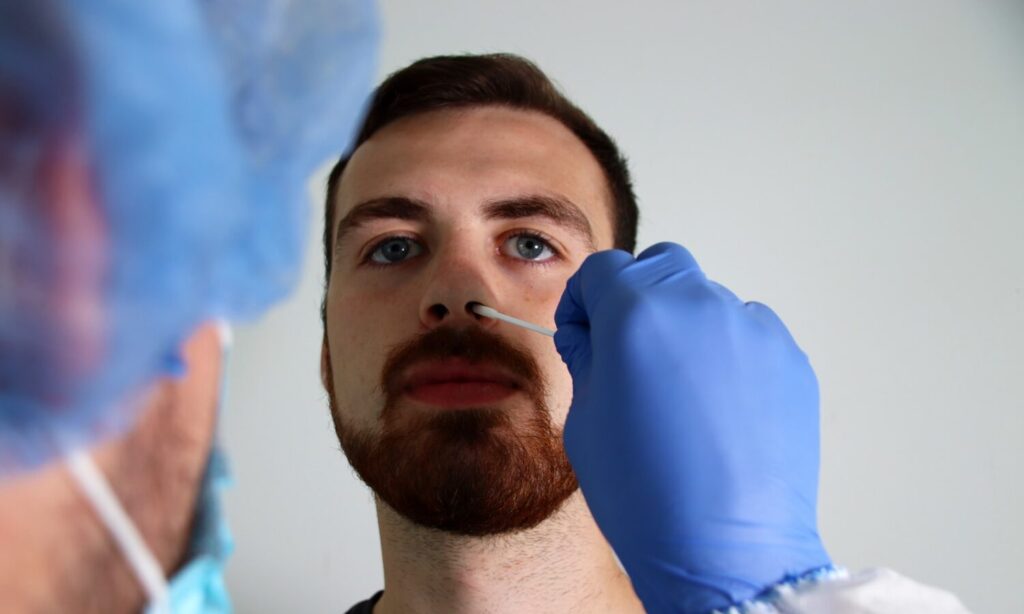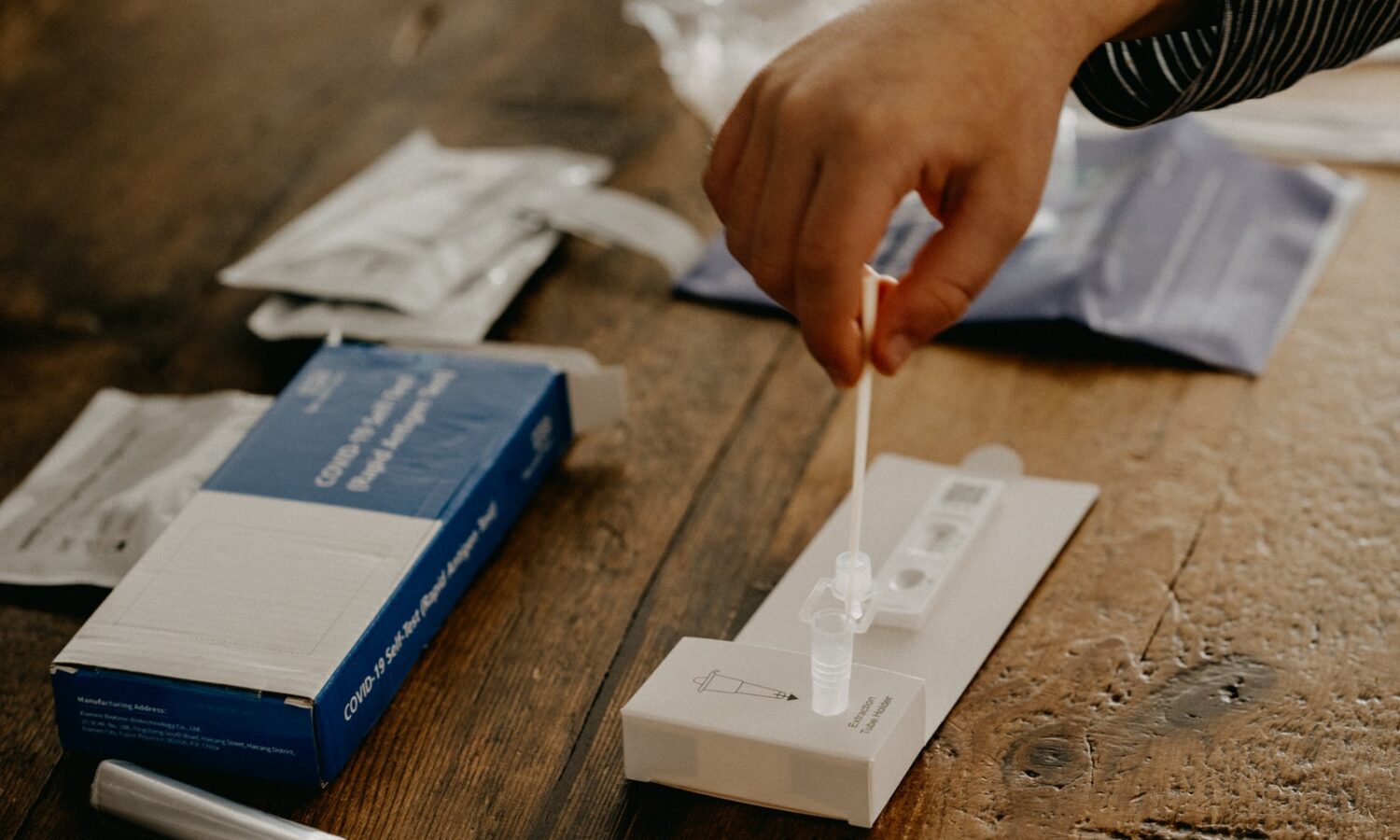The study is part of a series of data that explores the impact of the pandemic since it started in 2020.
Genetic testing service 23andMe holds the DNA information of millions of people, providing a useful tool for researchers who want to learn more about different conditions. And that includes long COVID.
A new survey conducted by the genetic testing site revealed some interesting information on long COVID and the type of people that are more likely to experience it. Among their findings: women are more likely to experience long COVID, along with people who manage mental health conditions like depression and anxiety.
RELATED: Scientists Figure Out Why Some Life Long Smokers Never Develop Cancer

The data was obtained from 100,000 self-reports, which makes it different than the majority of other scientific studies, which rely on data shared by government entities.
“We’re able to paint a more complete picture of the COVID experience than would be possible from just using medical records,” Dr. Stella Aslibekyan, a genetic epidemiologist for 23andme, told SF Gate.
A closer look at the study shows some risk factors for long COVID, including having a diagnosis of anxiety or depression, which can increase your risk of developing long COVID symptoms by two-fold. Preexisting conditions like cardiometabolic diseases also increased the risk of long COVID, this time by 90%.
More than half of the participants reported no difference after getting vaccinated. Those who did claimed vaccines improved their symptoms.
There was some conflicting evidence brought up by the study. While it found that women were more affected by long COVID than men, real-world data shows the opposite; men are more likely to experience long COVID and are also more likely to die from the virus.
RELATED: Here’s One Place You’re More Likely To Catch COVID
According to the article which highlights 23andMe’s findings, this study is part of a series of data that explores the impact of the pandemic since it started in 2020. Some areas of interest mentioned include blood types and how these can affect the prognosis of the virus and the impact of genetics and COVID-19.


